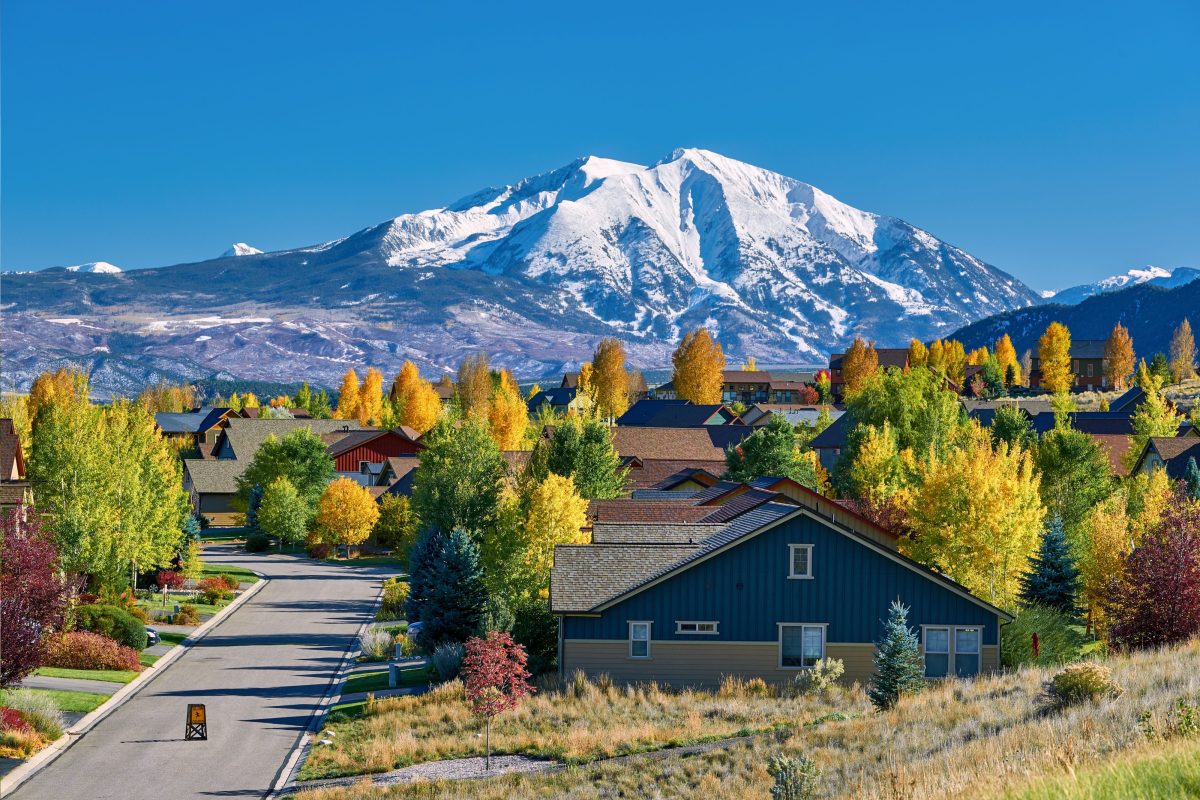How to Open an Estate in Colorado: A Step-by-Step Guide

When a loved one passes away, managing their estate can be an overwhelming and emotional task. In Colorado, opening an estate is a necessary legal process that allows for the proper administration and distribution of the deceased’s assets. Understanding the steps involved can make this process smoother and less stressful. Here’s a guide to help you navigate the process of opening an estate in Colorado.
- Determine the Need for Probate
The first step in opening an estate is determining whether probate is necessary. Probate is the court-supervised process of distributing a deceased person’s assets according to their will or state law if there is no will. In Colorado, not all estates require probate. For smaller estates, with assets valued at less than $82,000 (as of 2024) and no real property, the process might be simplified, allowing for the use of a small estate affidavit. - Identify the Personal Representative
A personal representative (also known as an executor in other states) is responsible for managing the estate throughout the probate process. The will typically names the personal representative, but if there is no will, or if the named individual is unable or unwilling to serve, the court will appoint one. It’s essential to choose someone trustworthy and capable of handling the responsibilities that come with managing an estate. - File the Required Documents
To officially open an estate in Colorado, you need to file several documents with the probate court in the county where the deceased resided. These typically include:- Application for Informal or Formal Probate: Depending on the complexity of the estate, you’ll choose between informal and formal probate.
- Will (if applicable): The original will must be submitted.
- Death Certificate: A certified copy of the death certificate is required.
- Acceptance of Appointment: The personal representative must file a statement accepting the role.
- Notify Heirs and Creditors
Once the estate is opened, the personal representative must notify all heirs and beneficiaries. Additionally, the representative must publish a notice to creditors in a local newspaper, giving creditors an opportunity to make claims against the estate. In Colorado, creditors have four months from the date of notice publication to file a claim. - Inventory and Appraise the Estate
The personal representative must inventory and appraise the estate’s assets. This includes listing all assets owned by the deceased, such as real estate, bank accounts, investments, and personal property. Accurate documentation is crucial, as it helps determine the estate’s value and ensures all assets are accounted for. - Pay Debts and Taxes
Before any distributions can be made to heirs or beneficiaries, the estate’s debts and taxes must be paid. This includes funeral expenses, outstanding bills, and any state or federal taxes owed. The personal representative is responsible for ensuring these obligations are met. - Distribute the Remaining Assets
After all debts, taxes, and expenses are paid, the personal representative can distribute the remaining assets to the heirs or beneficiaries according to the will or state law if there is no will. This step concludes the probate process. - Close the Estate
The final step in the process is to close the estate. The personal representative files a final accounting with the court, showing all transactions made on behalf of the estate. Once approved by the court, the personal representative is officially released from their duties, and the estate is closed.
Opening an estate in Colorado is a complex but manageable process, especially when you have the right information and support. Whether you’re dealing with a small or large estate, it’s essential to follow the required steps carefully to ensure everything is handled properly.
At Colorado Estate Services, we understand the challenges of managing an estate during a difficult time. Our team is here to assist you every step of the way, providing expert guidance and support tailored to your unique situation. For more information, or if you need assistance with opening an estate in Colorado, please contact us directly.
